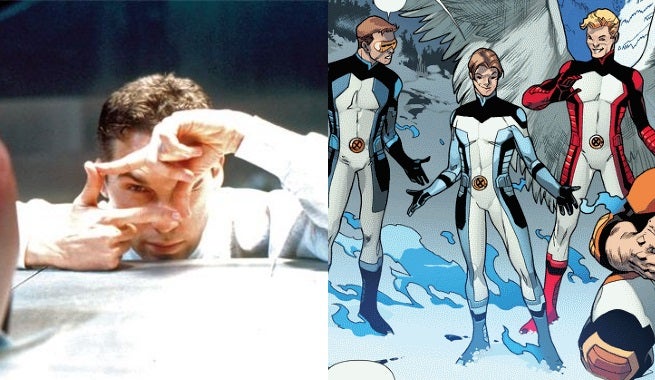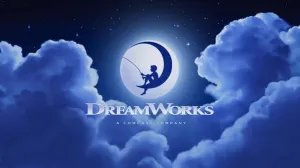The big news in the world of X-Men comics this week has been the reveal that Iceman is gay, as per a conversation between the young, time-displaced versions of Iceman and his fellow original X-Man Jean Grey in the pages of All-New X-Men #40.
Videos by ComicBook.com
The beat has been especially resonate because the X-Men have so often been used as a metaphorical stand-in for sexual minorities in the Marvel Universe. This metaphorical status was also present in openly bisexual director Bryan Singer’s X-Men movies, and Entertainment Weekly caught up with Singer to get his take on Iceman’s outing and how it relates to his movies.
“Well, I think it is interesting that in the early movies he develops a relationship with a girl who he is physically unable to touch,” Singer says. “There’s something subtextual in that. I’m not sure if I necessarily intended it at the time, but there is something ironic about it in the first and second film—I’m referring to his relationship with Rogue, played by Anna Paquin. And in the third one, which is the film I didn’t direct, Iceman develops a relationship with Kitty Pryde, which I did address in Days of Future Past, and which is even more coincidental because Ellen Page recently came out as gay. So it puts an even more humorous spin on the whole thing.”
Singer goes on to say that he doesn’t necessarily believe his films primed Iceman to be written as a homosexual character, but that he does enjoy seeing his films and the Marvel comics mirror each other.
“The important thing to remember with comic books is that you’re always dealing with universes,” Singer explains. “In one incarnation a character can fly and in another they could be evil and in another they could be gay or straight. But in this incarnation, I’m enjoying the irony of it all and how it relates to my films, particularly with a girl he wants to be intimate with but can’t. I’m excited and quite amused that that idea has been able to play out.”
Singer also went on to discuss Bobby’s “coming out” scene from X2: X-Men United, which many saw as the most direct acknowledgement of the X-Men’s minority metaphor.
“As a gay or bisexual guy, which is what I am, I don’t know if I’m the guy who at that moment in my career was ready to make an “issues” film,” Singer says. “So that scene where he talks to his parents was blatant and meant for humor. And that was always something very specific about the X-Men, which related to the LGBT community. You’re born into a family or a neighborhood, which you do not identify with. A person of a certain religion or race is born into a community of similar faiths or physical attributes. But a LGBT person is born into a world—to use the example that X-Men uses—like a mutant. And of course the parents aren’t mutants, the brothers and sisters might not be mutants. And they feel a unique kind of aloneness. I’ve always felt it made sense to include that in the comic universe. I know Northstar‘s Alpha Flight, from years ago, was also a gay character.”
Despite all of that, Singer clarifies that he never wrote Iceman with any kind of hidden agenda.
“No, no. It wasn’t like, ‘Okay, Bobby Drake is my gay character.’ Maybe subconsciously there, I thought it was a possibility. And that’s because there’s some logic to it. In the movies, he did develop an affection for a girl that he know he wouldn’t be able to have genuine intimacy with. And so of course there is an allegory to be made, and always has been.”
Singer will return to the X-Men film universe for X-Men: Apocalypse, opening May 27, 2016.









